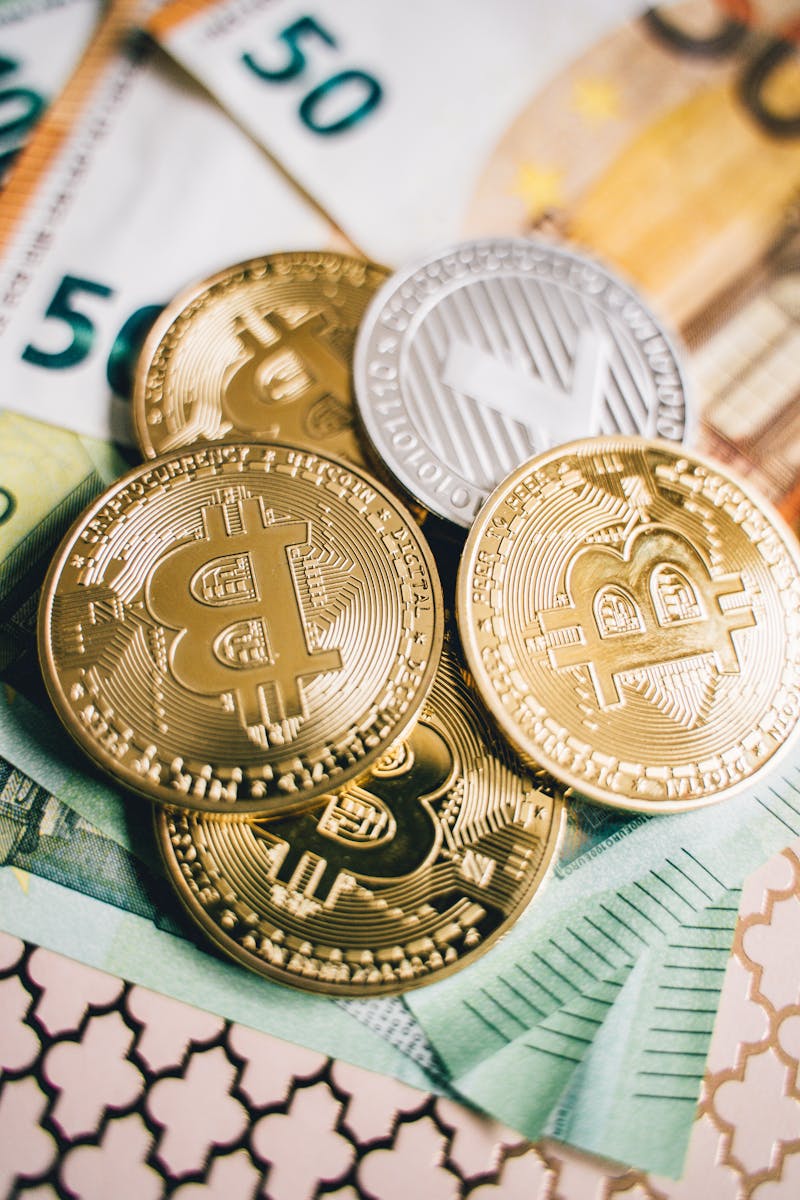
Russian President Vladimir Putin has officially signed a law that legalizes cryptocurrency mining within the country. This legislative action classifies mining as a turnover component rather than a currency issuance. Here are the key points:
Mining Defined:
The new legislation introduces several key concepts, including digital currency mining, mining pools, and mining infrastructure operators. Under the law, mining activities are recognized as part of turnover rather than digital currency issuance, reported CryptoGlobe.
On July 30, Russian lawmakers passed a bill allowing businesses to use cryptocurrencies in international trade. This legislation aims to mitigate the impact of Western sanctions imposed after Russia invaded Ukraine.
The law is expected to take effect in September, and Russian central bank Governor Elvira Nabiullina, a key proponent of the new law, stated that the first cryptocurrency transactions will occur before the end of the year. This move reflects Russia’s efforts to navigate financial restrictions and facilitate cross-border transactions using digital assets.
Eligibility:
Only Russian legal entities and individual entrepreneurs registered with the government can engage in cryptocurrency mining. Individual miners can participate without registration, provided their energy consumption stays within government-set limits.
Trading on Russian Platforms:
The law also allows for trading foreign digital financial assets on Russian blockchain platforms. However, the Bank of Russia retains the authority to prohibit certain assets if they threaten the country’s financial stability.
BRICS Influence:
Russia’s move aligns with BRICS’ efforts to explore native digital currencies using blockchain technology. Legalizing cryptocurrency mining complements Russia’s earlier decision to allow crypto payments for international trade, aimed at enhancing trade capabilities with BRICS members.

